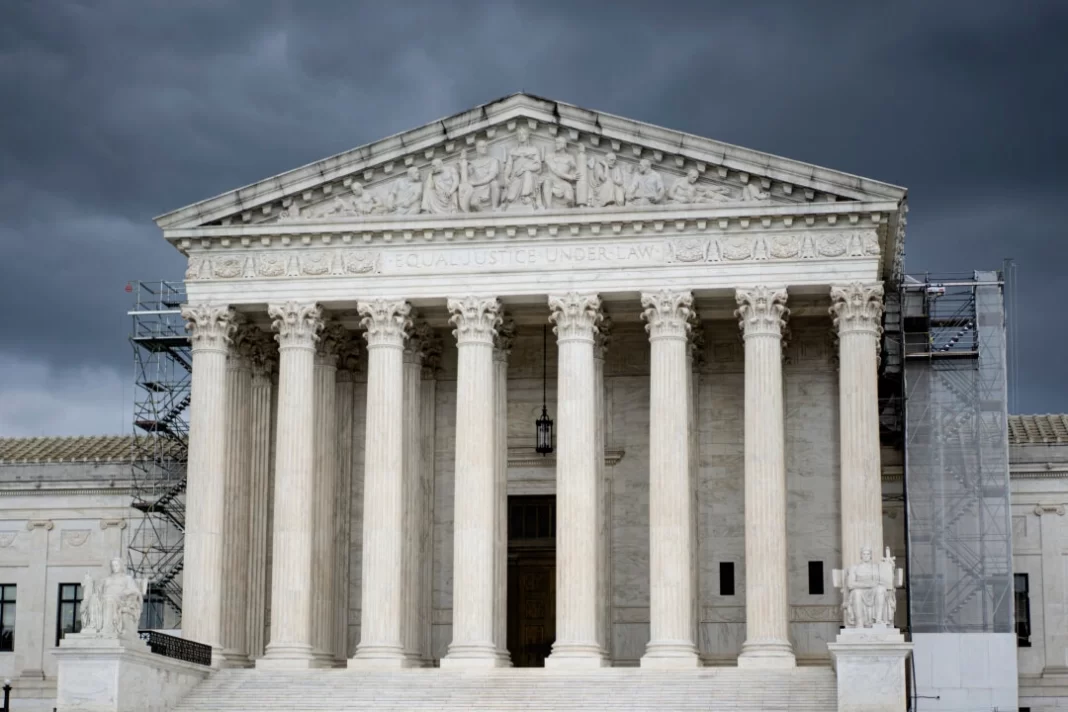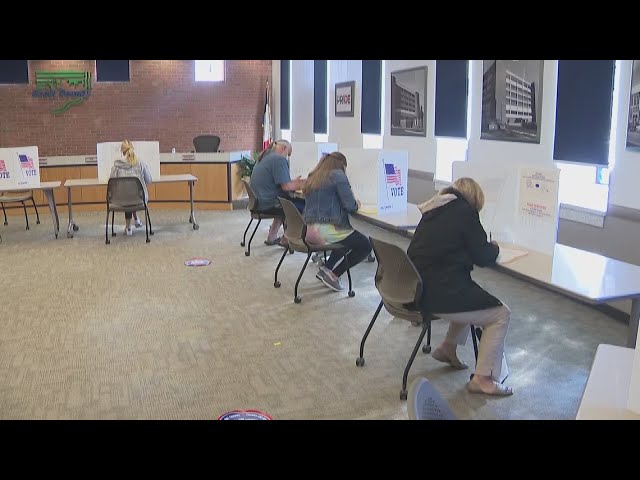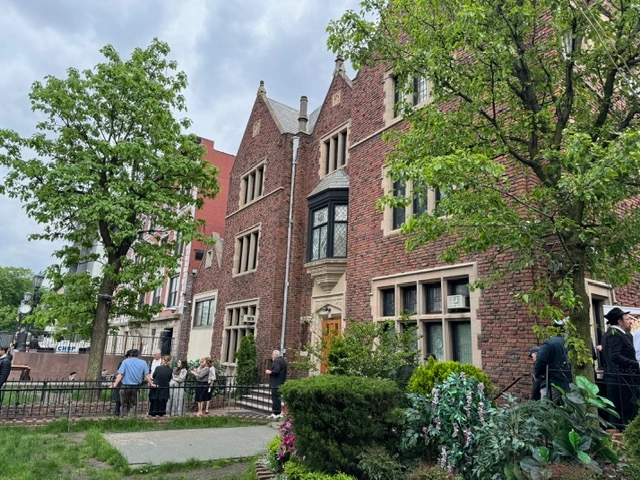A majority of justices reversed a lower court ruling.
The U.S. Supreme Court on May 23 ruled in favor of South Carolina’s redrawn congressional map, reversing a lower court decision.
The National Association for the Advancement of Colored People (NAACP) challenged the map, arguing that legislators were motivated by race when drawing district lines and committed “intentional racial discrimination.”
A panel of federal judges in 2023 said that “race predominated over all other factors” when legislators redrew South Carolina’s First Congressional District, currently represented by Rep. Nancy Mace (R-S.C.). The finding was based in part on the movement of more than 30,000 black voters to a different district.
To show that race was the predominant factor motivating legislators who are redrawing districts, plaintiffs challenging a new map must prove that the state elevated race above other factors, such as contiguity, according to court precedent.
The judges who handed down the earlier ruling “clearly erred” because the challengers did not provide such proof, Justice Samuel Alito, writing for the majority, said.
“[The challengers] provided no direct evidence of a racial gerrymander, and their circumstantial evidence is very weak,” he wrote. “Instead, the challengers relied on deeply flawed expert reports.”
Justice Alito, an appointee of President George W. Bush, was joined by Chief Justice John Roberts, another appointee of President Bush, and Justices Neil Gorsuch, Brett Kavanaugh, and Amy Coney Barrett, all appointees of President Donald Trump.
Justice Clarence Thomas, an appointee of President H. W. Bush, wrote an opinion concurring in part.
Justice Elena Kagan, an appointee of President Barack Obama, filed a dissent. She was joined by Justice Sonia Sotomayor, another appointee of President Obama, and Justice Ketanji Brown Jackson, an appointee of President Joe Biden.
The panel that entered the 2023 ruling consisted of U.S. District Judges Mary Geiger Lewis and Richard Gergel, both appointees of President Obama, and U.S. Circuit Judge Toby Heytens, an appointee of President Biden.
The new map, created after the receipt of data from the 2020 census, was enacted in 2022.







